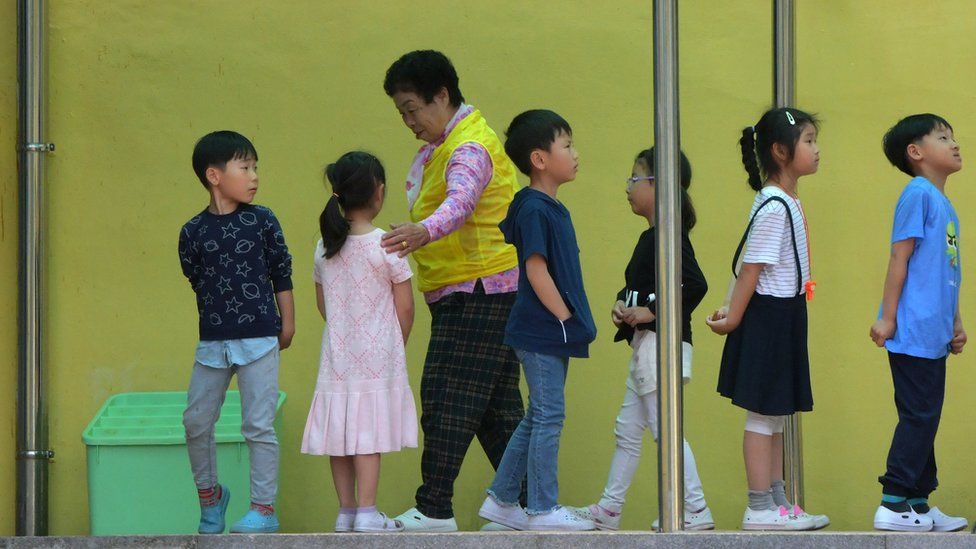A new law that harmonizes the country's age-counting system with international standards has caused South Koreans to age by one or two years.
The law scraps a centuries-old system that deems South Koreans one year old at birth, counting time in the womb.
The entire population also aged by a year every first day of January instead of their birthdays under the old system.
The switch to age-counting based on birth date took effect on Wednesday.
President Yoon Suk-yeol pushed strongly for the change when he ran for office last year. Non-standardised age-counting methods created "unnecessary social and economic costs", he said.
For instance, disputes have arisen over age-based insurance pay-outs and determining eligibility for government assistance programmes.
Three in four South Koreans were also in favour of the change, according to a poll by local firm Hankook Research in January 2022.
Lawmakers voted to scrap the traditional counting methods last December.
The legal ages for buying cigarettes and liquor will remain unchanged, as well the legal age for mandatory military service and school admissions.
The old system, which considers the time spent in the mother's womb as a person's first year of life, was also used by other East Asian countries, but most have dropped it.
Japan adopted the international standard in 1950 while North Korea followed suit in the 1980s.







